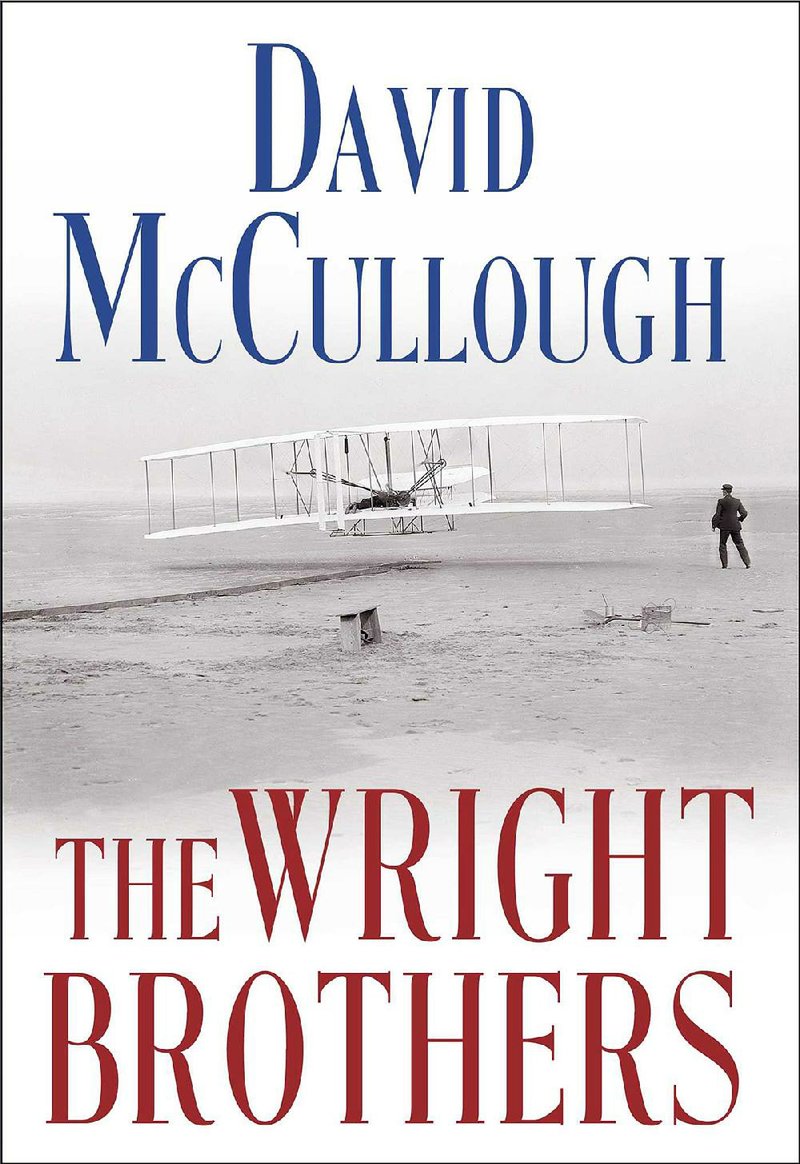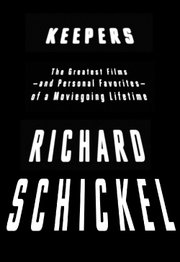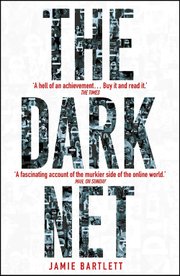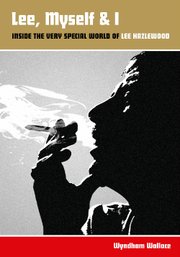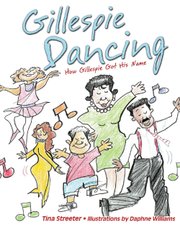The intersection of "the good" and "the popular" is so slight that a Venn diagram representing the relationship of the two sets might look like kissing billiard balls. This is an obvious problem for people like me who write about cultural phenomena for a general audience -- most movies are mediocre or worse, but people go anyway and find a way to enjoy them.
We get conditioned to accepting ordinary or pandering work; our expectations and standards sink. Nowhere is this more apparent than the book trade, where it's often observed that the best-seller lists are filled with saccharine novels, young adult dystopian fantasies, faddish pop psychology prescriptions and celebrity tell-somes.
While best-seller lists are generally depressing reading, that's where the audience's attention is concentrated. And if you want to be "relevant" -- or to harvest the eyeballs and clicks and page views that signify your worth to the check writers -- you can't always follow your own taste. Sometimes you have to get out in front of the crowd, if only to make the obligatory noises of alarm.
But I hesitate to write about bad books. I can't imagine that anyone would actually read something like 50 Shades of Grey or its subsidiaries thinking it was anything but what it is, whatever it is. (I didn't read it -- I sampled a couple of paragraphs and read Dave Barry's hilarious review of it in Time, which is easy to find online.) I'd rather point people in the direction of something I think they'd find interesting than insult their pride by telling them what they already ought to know: Any book you can get at a supermarket or order off a toll-free number isn't likely to be an edifying experience.
I'm not saying don't read best-sellers. Just keep in mind that popular taste runs to chain restaurants and the sort of singers who appear on reality programs. No doubt you can sometimes find nutritious fare at fast-food restaurants. I'm only saying that most of the time you're not likely to profit much from reading what everyone else is reading. One of the reasons (besides marketing, which is the great boss of all reasons) people read best-sellers is that these books tend to either reinforce or revise conventional wisdom. They either tell you what you already know or invite you to consider that everything you know might be wrong. (I'm talking mostly about nonfiction, though the same is essentially true for fiction. Best-selling novels either embrace genre conventions or seek to subvert them.)
For instance, David McCullough's book The Wright Brothers (Simon & Schuster, $30) tells the story of two bicycle mechanic brothers from Dayton, Ohio, who invented the airplane. It's a sturdy, comprehensive book, but there's not much interesting about Orville and Wilbur other than their achievement. That's a story worth telling, but it might be told just as well in a 3,000-word magazine story. While McCullough's history is excellent and you end up admiring the brothers (as much for their unassuming character as anything else), the book just doesn't have the breathtaking scope and panoramic sweep of, for example, McCullough's The Greater Journey: Americans in Paris (2011), which makes a compelling case for the importance of the French influence on American culture.
That's not to say there's anything wrong with The Wright Brothers, only that it's probably not going to change the way you think about its subject. (Those Wright brothers, they were sure something -- and they really worked hard.) It's a decent book about decent people that is meticulously researched and cleanly written and it probably deserves a better recommendation than what I'm giving it. But when I read it, I couldn't help but feel mildly deflated. It didn't crack open a new world for me.
...
A lot of nonfiction best-sellers are like that; they're sturdy surveys of the world as we know it. Sometimes they're fun. I enjoyed Richard Schickel's Keepers: The Greatest Films -- and Personal Favorites -- of a Moviegoing Lifetime (Knopf, $26.95) because I enjoy reading his strong opinions about movies, but not once was I moved to rethink my own opinion about a film. (Schickel was the film critic for Time from 1965 to 2010.) A lot of this is because Schickel doesn't really make arguments. He delivers one-liners. While he can be witty and winning, there were lots of times when I felt he was just wrong. Orson Welles may have not been a physical specimen, but he was more than a "two-film director" whose only movies were Citizen Kane and The Magnificent Ambersons, a claim that Schickel seems to refute when he praises Welles' Touch of Evil in a later chapter.
Schickel has written the book that I suppose every film critic must sooner or later contemplate, if not actually commit to text, a map of his not-all-that-idiosyncratic taste, an acknowledgment of first impressions and formative experiences. But anyone who knows more than a little bit about the movies is unlikely to be surprised by anything in the book -- it registers as a tossed-off project, an obligation fulfilled. No doubt it's more fun to talk to and argue about movies with Schickel than to read this sometimes sloppy, sometimes sophistic account.
Similarly, I'm not sure I needed to read Jamie Bartlett's The Dark Net (Melville House, $27.95); it may have been enough to hear him interviewed by Terry Gross on NPR's Fresh Air. (But then, the occasion for the interview was the publication of the book. One cannot unhook from the money-generating machinery.)
Bartlett, director of the Center for the Analysis of Social Media at the progressive think tank Demos, takes us on a tour of the Internet's darkest neighborhoods, starting with the encrypted world of the so-called "dark net" inaccessible through Google or ordinary browsers, a place where illegal commodities can be bought and sold anonymously and where all manner of sub rosa groups and individuals congregate. For the most part, Bartlett is an amiable guide who never demonizes the poor creatures he encounters (first on the Web, later in real life), but the ultimate effect is something less than revelatory. If you're looking to buy drugs on Silk Road or download child pornography, this is not a how-to guide.
Bartlett is refreshing in his refusal to default to alarmist cant. While the book begins with a description of an online assassination market, he's no sensationalist. "Technology extends the power of those that use it," Bartlett sensibly writes and, if that seems obvious, it also has the virtue of being true. Until we invest our machines with sentience and sense, they will always remain innocent and neutral.
It's not the Internet that has the dark side, it's us.
Bartlett ultimately sees the dark potential of the Internet as, at worse, a necessary evil. On balance, the technology is a benefit to democratic society. Neo-Nazis and sex workers are also people, the Internet's promise of freedom cuts dozens of ways and we all have to grapple with a bottomless internal blackness which occasionally spews forth morally disturbing horror.
The most intriguing chapter in the book discusses the rather prosaic phenomenon of Internet trolls -- their psychology and possible utility. That's a subject that might be worth further investigation; no doubt someone is working on a history of trolling, going back to Socrates' submitting a de-feathered chicken in response to Plato's definition of man as a featherless biped.
If you're called upon to engage in cocktail party chatter about the Wright brothers, movies or even the murky underside of the Internet, it might be handy to have at least skimmed these books. People have heard of them, they may nod when you invoke the titles.
...
But the really toothsome stuff often lies on the periphery, away from the end displays.
For example, if you are interested in American pop music, you might want to take the necessary pains to find a copy of Wyndham Wallace's Lee, Myself & I: Inside the Very Special World of Lee Hazlewood (Jawbone Press, $19.95), which is a funny, touching and ultimately sobering account of what it's like to meet your hero and then watch him die. Wallace, a British music publicist turned Berlin-based music journalist, befriended Hazlewood in the '90s -- (Hazlewood was best known as Nancy Sinatra's collaborator and Duane Eddy's producer and co-writer) and ended up managing him through his 1999 comeback until his death in 2005.
The Oklahoma-born Hazlewood was never a genuine star, but was the sort of cult figure who inspires religions. As a songwriter, he was something of a weirder Jimmy Webb; his baritone voice was an effective if limited instrument. But his life was a bohemian riot until he all but disappeared in the '70s amid rumors that Frank Sinatra didn't like Hazlewood's relationship with his daughter. Some said he'd become a monk. Others said that he was hiding out in Sweden.
Wallace is a sensitive writer alert to his position of surreal privilege. When he first meets Hazlewood, he finds that most of the stories about the singer's life are exaggerated and that he's living a relatively comfortable existence in Florida, drinking "Chivas Regal by his pool" where "an alligator eyes him every day." Yet there's a streak of melancholy in the man, as when he tells Wallace the Korean War taught him two things: "how to run and how to cry."
It's an unconventional and uncommonly affecting book that's unlikely to attract a lot of media attention in this country, but if the name Lee Hazlewood strikes any sort of chord with you, you'll likely find this relatively thin trade paperback more satisfying than any of the shiny-jacketed doorstops on offer in the bookshop window.
...
Kids books are too often pedestrian and predictable. That's not true of Gillespie Dancing: How Gillespie Got His Name (Xulon Press, $5.99 on Kindle and Nook, $11.99 paperback), an upbeat charmer of a 17-page children's book -- the product of Little Rock author Tina Streeter and Little Rock illustrator Daphne Williams -- that doesn't condescend to its audience.
Cliches do not abound in this vocabulary-expanding, unique story of how expectant parents Mr. and Mrs. Dancing discover a clever way to please their extended family -- who have strong and freely expressed opinions on nearly everything -- in coming up with a suitable name for their soon-to-arrive baby boy.
A user-friendly definition of unusual and unexpected words used in the book is included on the last page.
Streeter's unruffled wording excels in sounding the way people talk to each other; Williams' energetic, cartoony-casual illustrations echo Streeter's tone. It's a bright, joyous little book that can be shared with very young children now. And they will enjoy reading it themselves when the time (and their reading skills) are right.
Email:
pmartin@arkansasonline.com
blooddirtangels.com
Style on 07/12/2015
